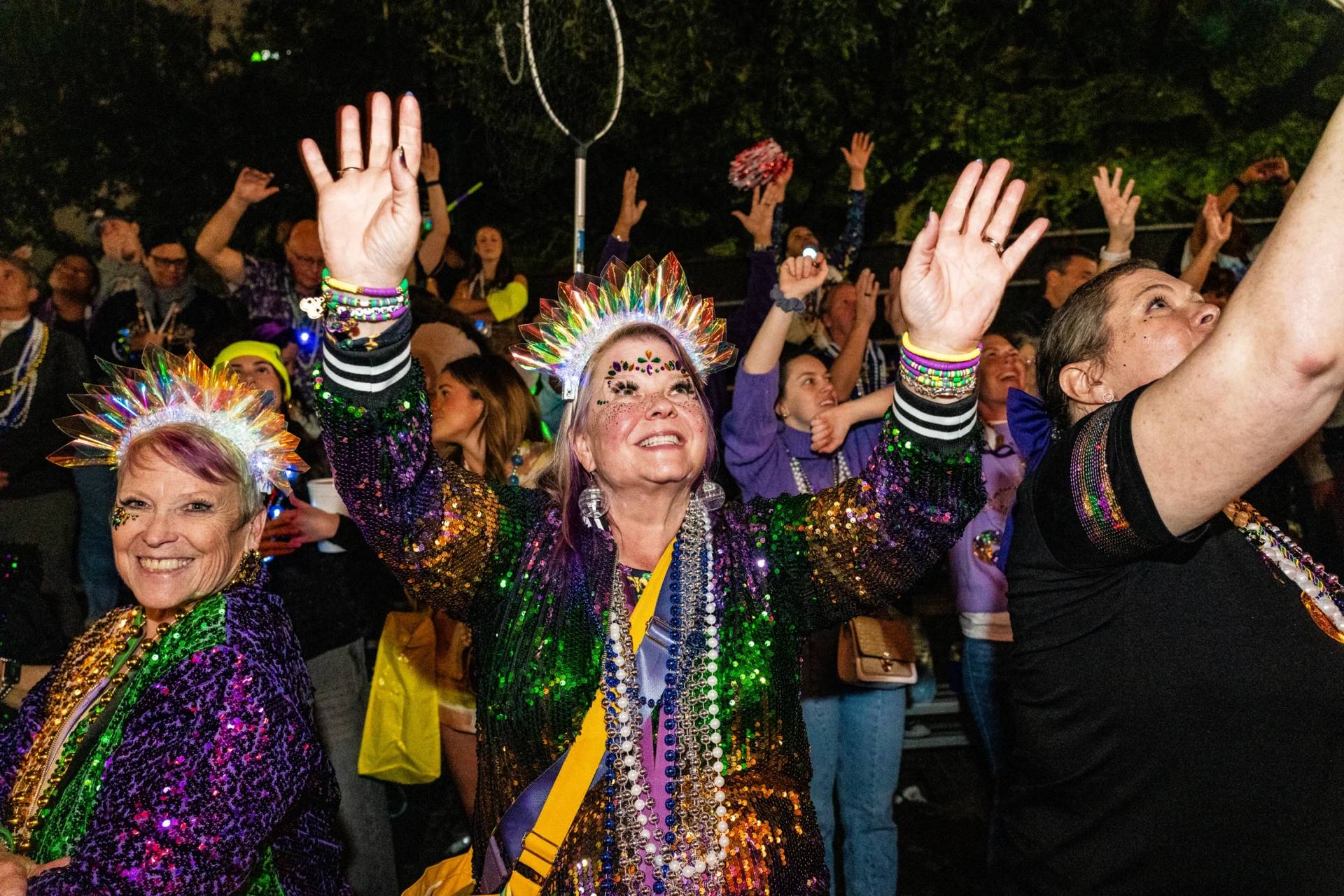WASHINGTON, D.C. — The justices of the U.S. Supreme Court seemed divided May 6 over Trump administration rules that give employers more ability to opt out of providing contraceptive coverage in their health plans.
The argument, part of a handful that will take place by teleconference during the coronavirus restrictions, took another look at an issue that has come before the court already and again, as in previous terms, it highlighted the Little Sisters of the Poor, the order of women religious who care for the elderly poor.
“There are very strong interests on both sides here, which is what makes the case difficult, obviously,” Justice Brett Kavanaugh said in the May 6 arguments, which lasted 40 minutes longer than usual-allotted hour.
He said the interests include religious liberty for the Little Sisters of the Poor and others and ensuring women’s access to health care and preventive services.
“So the question becomes: Who decides how to balance those interests?” he asked.
The Little Sisters of the Poor, who have been down this road before, were represented by Becket, a religious liberty law firm.
To recap their journey: In 2013, religious groups and houses of worship were granted a religious exemption by the Supreme Court from the government’s mandate in the Affordable Care Act to include coverage of contraceptives in their employee health plan. Three years later, religious nonprofit groups challenged the requirement that they comply with the mandate and the court sent the cases back to the lower courts with instructions for the federal government and the challengers to try to work out a solution agreeable to both sides.
Then in 2017, religious groups were given further protection from the contraceptive mandate through an executive order issued by President Donald Trump requiring the U.S. Department of Health and Human Services to write a comprehensive exemption to benefit religious ministries, including the Little Sisters of the Poor, from the contraceptive mandate.
HHS provided this exemption in 2018, but several states challenged it, including California, Pennsylvania and New Jersey, saying HHS didn’t have the power to give this exemption.
Pennsylvania and New Jersey obtained a nationwide injunction against the rules protecting religious objectors from the contraceptive mandate; that injunction was then upheld by the 3rd U.S. Circuit Court of Appeals, based in Philadelphia.
This is where the Little Sisters come back because they appealed the circuit court’s ruling and asked the Supreme Court to step in.
In one of the two consolidated cases, Trump v. Pennsylvania, the administration has argued that the exceptions to the contraceptive mandate for religious groups were authorized by the health care law and required by the 1993 Religious Freedom Restoration Act, known as RFRA.
Lawyers for Pennsylvania and New Jersey said the administration lacked statutory authority to issue such regulations and said the government did not follow proper administrative procedures.
The second case examines whether the Little Sisters of the Poor had the standing to appeal the 3rd Circuit ruling since a separate court order had already allowed them to refuse to provide contraceptive coverage in their employee health plans.
In the May 6 oral arguments, Justices Ruth Bader Ginsburg and Sonia Sotomayor expressed concerns that if the Trump administration rules remained in place, many women would be left without access to contraceptives covered by insurance plans.
“You have just tossed entirely to the wind what Congress thought was essential,” Ginsburg said, calling in from a hospital room in Baltimore, where she was recovering from gallbladder surgery.
She also said that in the area of religious freedom, “the major trend is not to give everything to one side and nothing to the other side. We have had a history of accommodation, of tolerance.”
The U.S. Conference of Catholic Bishops filed a friend-of-the-court brief siding with the Little Sisters of the Poor, which stressed that the court needs to set the record straight, particularly with its interpretation of RFRA, which says “governments should not substantially burden religious exercise without compelling justification.”
The brief said there was a compelling need to review this case not only because the 3rd Circuit Court decision conflicts with other Supreme Court rulings on this topic in Hobby Lobby and Zubik decisions, but because its ruling “threatens to reduce one of America’s leading civil rights laws to virtual impotence,” referring to RFRA.
It emphasized that RFRA essentially hangs in the balance because the appeals court “adopted a grudging interpretation of the statute that will, unless reversed, too often deny protection for religious people and institutions.”
Weighing in again on the day of the oral arguments, a statement by USCCB committee chairs said: “religious organizations have a right, recognized by the Constitution, to select people who will perform ministry, and the government has no legitimate authority to second-guess those ministerial decisions.”
It also said the government cannot force a religious order to “violate the religious beliefs that animate its mission and called it “dismaying that after the federal government expanded religious exemptions to the HHS contraceptive mandate, Pennsylvania and other states chose to continue this attack on conscience.”
“We are hopeful that the Supreme Court will reaffirm the freedom of our Catholic religious orders and schools to practice their faith and to serve others in love,” said the statement issued by Bishop George V. Murry of Youngstown, Ohio, chairman of the Committee for Religious Liberty; Archbishop Joseph F. Naumann of Kansas City, Kansas, chairman of the Committee on Pro-Life Activities; and Bishop Michael C. Barber of Oakland, California, chairman of the Committee on Catholic Education.
The oral arguments were the combined cases of Little Sisters of the Poor Saints Peter and Paul Home v. Pennsylvania and Trump v. Pennsylvania. A decision is expected by late June.














